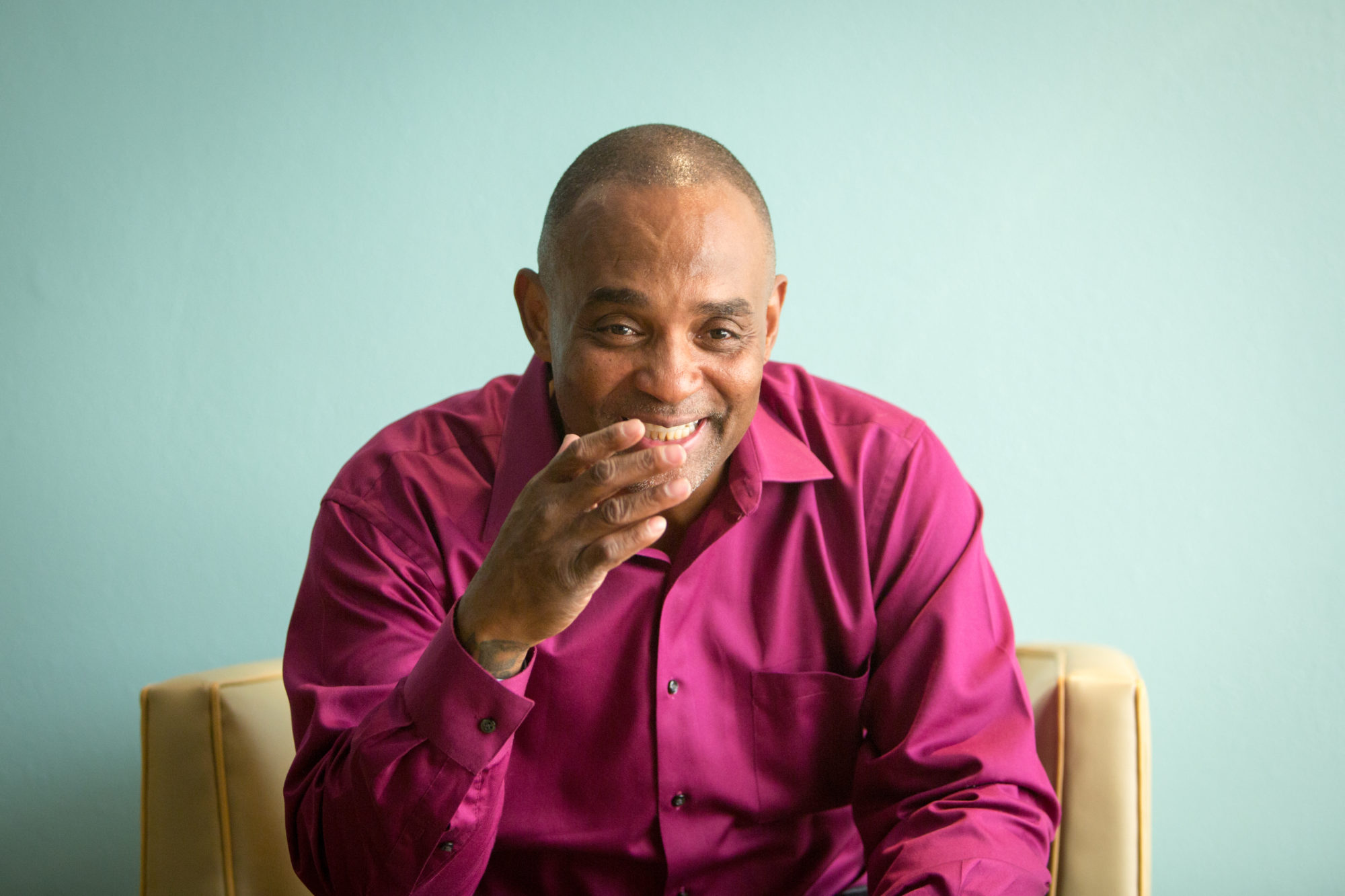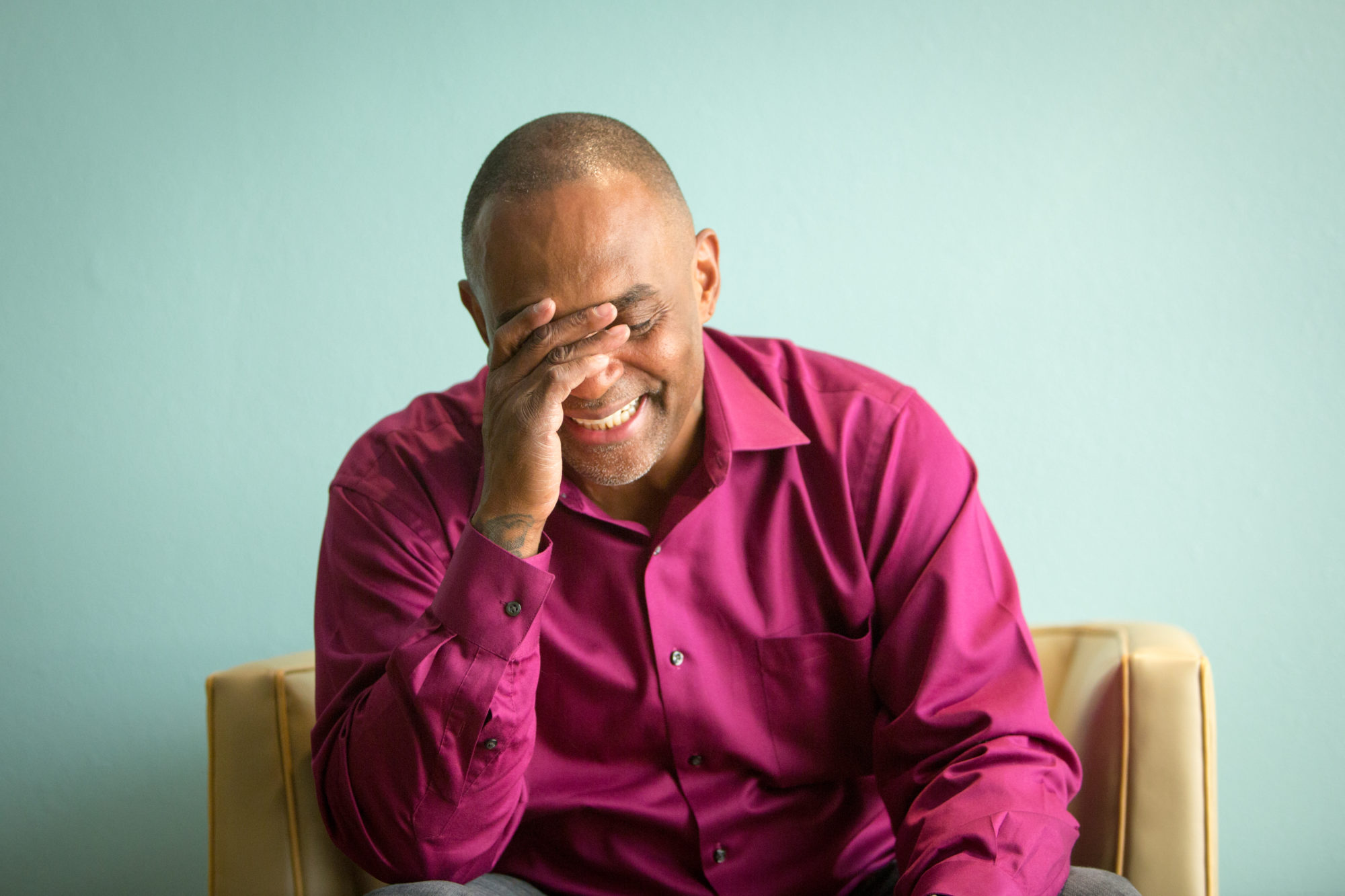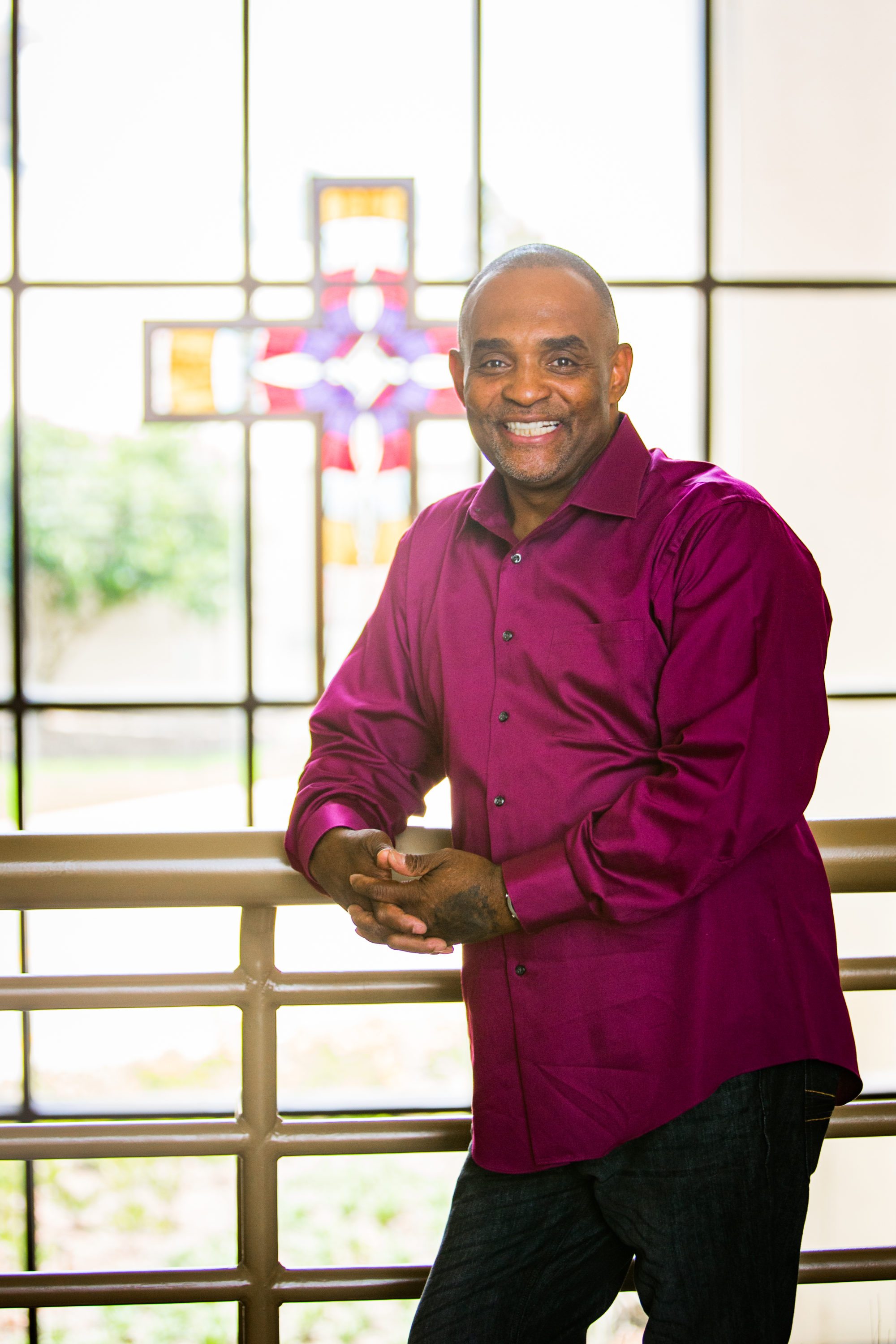Sample Page
There are moments when all you can do is stand in speechless amazement as you look at the work of the Lord in your life. Standing in the Rose Garden next to my friend, Richard Beasley, and being honored by the president of the United States was one of those moments. It was a moment only God could orchestrate.
The first time I met Richard Beasley was in 2004. On that day, I was handcuffed to a cold, stainless-steel table in a Las Vegas holding cell, being charged with a string of armed robberies. I was wild with anger as I glared at the FBI agent assigned to my case. The charges against me were long, and I could see my life flashing before my eyes. My anger, however, had surrendered to a peace that knocked me off my guard. Even with all the internal chaos of my heart, something about this man’s demeanor assured me that everything would be okay. I didn’t know it then, but now I do—it was the presence of God that this man carried.
Fast forward 14 years to this scene in the Rose Garden, almost nine years to the day that I had emerged from behind 50-foot federal prison walls. On this day, I was a free and transformed man, standing side-by-side with Mr. Beasley, my friend and mentor. We had both been invited to attend a National Day of Prayer ceremony, so that President Trump could recognize the power of God to transform lives as he highlighted the importance of faith-based programs in the prison system. God had used this godly FBI agent, as well as a God-fearing federal judge and sheriff, to rescue my life from the dominion of darkness that I had surrendered to for so many years. The story I’m about to tell you is a living testimony to the amazing transforming power of God’s love.
My journey to incarceration began at a young age. I am a product of a fatherless home. My mother did her best to protect my five siblings and me from the traps of the streets of New York but without a father in our home, my brothers and I were naturally drawn to there in an attempt to validate our manhood. The criminal activity that followed led to a long, hard road of incarceration for us all. I was the second to the youngest and caught my first felony conviction at the age of 16 for robbery.
In her attempts to shield us, my mother sent us to our grandmother’s home in Mississippi each summer. Her name was Madea, and she loved Jesus. I loved going to Madea’s house. We would chase chickens, eat watermelons, and run around her property. She took us to her little Baptist church where she played the piano. My siblings and I would gather around that dusty old piano and sing hymn after hymn. The songs had little meaning for me at the time. What I loved most was the quarters people would toss on the piano, indicating their approval of our singing.
But at the end of each summer, we’d get on the bus and head back to the streets of New York—back to gang life, crime, and drugs. The memories of our carefree, peace-filled summers would quickly fade away.
But at the end of each summer, we’d get on the bus and head back to the streets of New York—back to gang life, crime, and drugs. The memories of our carefree, peace-filled summers would quickly fade away.
My journey to incarceration began at a young age. I am a product of a fatherless home. My mother did her best to protect my five siblings and me from the traps of the streets of New York but without a father in our home, my brothers and I were naturally drawn to there in an attempt to validate our manhood. The criminal activity that followed led to a long, hard road of incarceration for us all. I was the second to the youngest and caught my first felony conviction at the age of 16 for robbery.
But at the end of each summer, we’d get on the bus and head back to the streets of New York—back to gang life, crime, and drugs. The memories of our carefree, peace-filled summers would quickly fade away.

But at the end of each summer, we’d get on the bus and head back to the streets of New York—back to gang life, crime, and drugs. The memories of our carefree, peace-filled summers would quickly fade away.
But at the end of each summer, we’d get on the bus and head back to the streets of New York—back to gang life, crime, and drugs. The memories of our carefree, peace-filled summers would quickly fade away.




